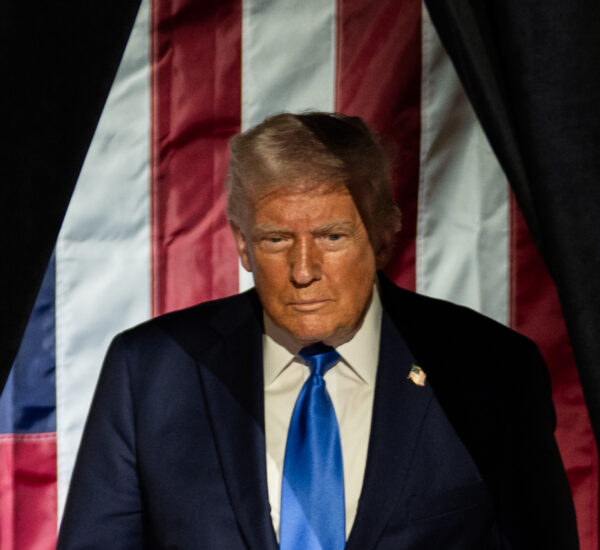New House GOP Speaker, A Democrat?
This cannot be happening!
Concerns loom within the ranks of the Republican Party as Rep. Claudia Tenney (R-N.Y.) highlights the potential consequences of a shrinking House GOP majority caused by recent vacancies. The departure of former Rep. Ken Buck (R-Colo.) and the imminent exit of Rep. Mike Gallagher (R-Wis.) have left the GOP with a delicate 218-213 majority in the House.
Tenney, speaking on Fox News, emphasized the precariousness of the situation, urging Gallagher to reconsider his decision to resign. She expressed apprehension about the possibility of Democrats seizing control of the chamber, hinting at the potential interim leadership of Speaker Hakeem Jeffries (D-N.Y.) during the vacancy period.
The timing of Gallagher’s resignation drew sharp criticism from Rep. Marjorie Taylor Greene (R-Ga.), who condemned it as a strategic move exploiting Wisconsin law. Greene advocated for Gallagher’s expulsion before his retirement to expedite the seat-filling process, though her proposal lacked sufficient support.
Notably, three of the four vacant seats were previously held by Republicans, with only one held by a Democrat. The upcoming special elections to fill these seats, including that of former Speaker Kevin McCarthy (R-Calif.), hold significance in maintaining the GOP’s majority.
However, the timing of these elections poses a challenge, particularly with Rep. Brian Higgins’s (D-N.Y.) seat set to be filled in April, potentially tipping the balance in favor of Democrats for a brief period in May. The slim margin leaves the GOP vulnerable to the risk of losing control due to absences or defections, exacerbating internal tensions within the party, as seen in efforts to remove Speaker Mike Johnson (R-La.), spearheaded by Greene.
As the GOP navigates these challenges, the importance of unity and commitment to party objectives is underscored, emphasizing the need for strategic decision-making and cohesion to safeguard the Republican majority in the House.






